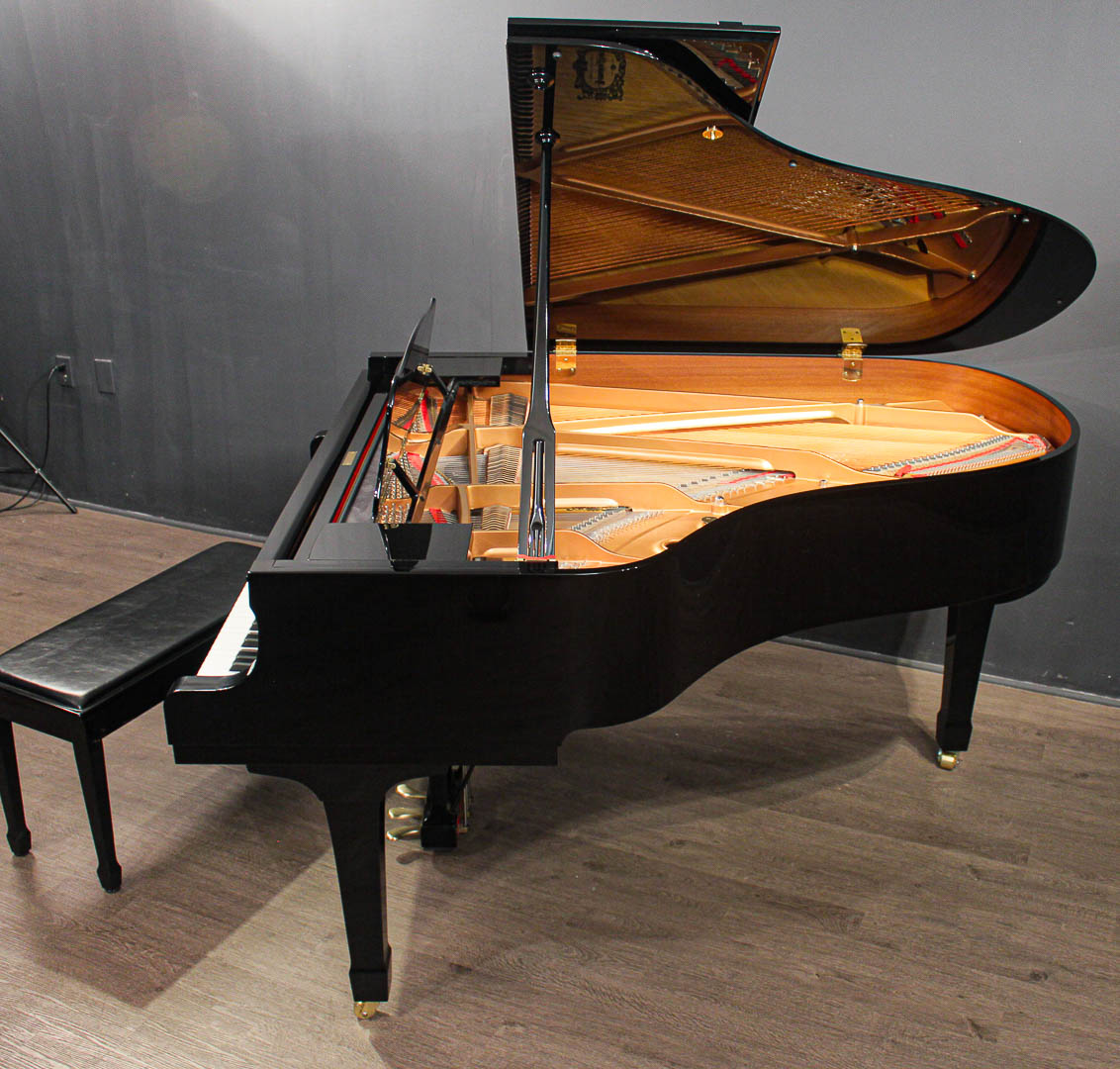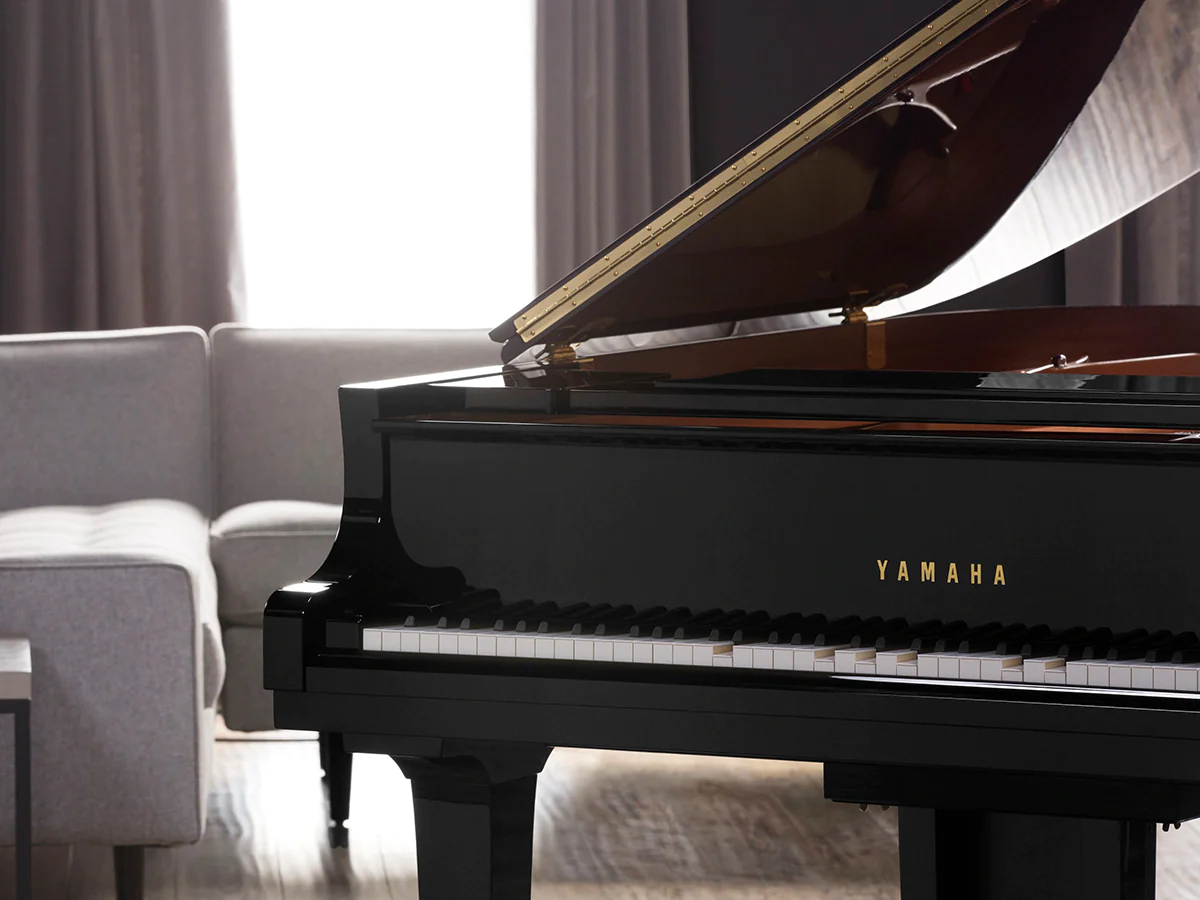Let’s face it- learning to play the piano can be daunting. With so many notes, chords, and techniques to master, it’s easy to feel overwhelmed as a beginner. But don’t worry! As a fellow music lover and piano player, I’ve got you covered.
In this article, I’ll introduce you to the 5 best piano apps for beginners that will make your musical journey more enjoyable and engaging. Whether you want to learn classical pieces or modern hits, these apps have it all! From interactive lessons and games to chord charts and sheet music, these apps will help you develop your skills at your own pace. So let’s tune into the world of digital resources and take your first step towards becoming a pianist extraordinaire!
So, best piano apps for beginners?
1. Simply Piano
Simply Piano is a popular app for beginners to learn how to play the piano. It uses a unique combination of artificial intelligence and high-quality video tutorials to guide users through lessons at their own pace. The app also offers real-time feedback on your playing, making it feel like you have a personal piano teacher right in your pocket.
2. Flowkey
Flowkey is another great option for beginner pianists looking to improve their skills. This app offers interactive courses with step-by-step instructions, as well as a wide selection of songs from different genres and difficulty levels to practice with. Users can also connect their digital or acoustic piano to the app for even more personalized learning.
3. Yousician
Yousician is an all-in-one music education platform that offers lessons not only for piano but also for guitar, ukulele, bass, and singing. With its fun and engaging interface, Yousician makes learning how to play the piano feel like a game rather than a chore. The app also provides instant feedback on your playing and allows you to track your progress over time.
4.Tiny Piano
For those who want something simple yet effective, Tiny Piano is worth checking out. This free app features a virtual keyboard where users can practice playing notes and chords at their own pace without any pressure or distractions from other features.
5.Piano Maestro by JoyTunes
Piano Maestro by JoyTunes is designed specifically for young learners aged 6-12 years old but can be enjoyed by anyone regardless of age or skill level. The colorful interface and gamified approach make practicing fun while still providing valuable instruction on basic music theory concepts such as rhythm and note reading.
Each of these apps has its own unique features that cater specifically towards beginners in different ways – whether it’s through personalized feedback or gamification techniques – making them great tools for kickstarting one’s musical journey on the piano. With these apps, learning how to play the piano has never been more accessible and enjoyable. So go ahead and download one (or all) of them today and start playing your favorite tunes in no time!
Exploring the Features of Top Piano Apps for Beginners
Choosing a piano app as a beginner can be an exhilarating yet slightly daunting experience with the array of choices available. The perfect app not only enables you to learn the basics, but it also stimulates your interest and keeps you engaged throughout your musical journey. Let’s delve into some key features that top piano apps for beginners boast.
One defining feature is interactive tutorials. These step-by-step instructions guide learners through different scales, chords and musical pieces in a fun and engaging manner. Imagine having your private music tutor right at your fingertips – this is exactly what interactive lessons offer! For instance, Simply Piano by JoyTunes utilizes cutting-edge technology to listen to what you play on the keyboard or acoustic piano, providing real-time feedback on how well you’re progressing.
A hallmark of these top-tier applications are their comprehensive built-in song libraries. Whether its classical sonatas or contemporary pop hits, these vast collections allow novices to practice playing their favorite tunes while honing their skills. Furthermore, many offer different difficulty levels, enabling users to advance from basic melodies all the way up to complex compositions at their own pace.
- Piano Maestro, for example, offers over 2,800 songs across numerous genres.
- Piano Lessons by OnlinePianist, allows users to slow down any section of a piece if it’s proving challenging – making learning both enjoyable and effective.
Take time exploring these attributes when selecting an ideal piano application because they can make all the difference in turning those initial hesitant attempts into confident symphonies!
Understanding How Piano Apps Aid in Learning
Learning the piano can be an exciting but challenging journey. However, in our technologically advanced world, there are tools to make this task more manageable. Piano apps have emerged as a great help and they’ve quickly become popular for learners at all levels – from beginners to advanced players. These apps usually come with interactive lessons that keep you engaged while teaching you various aspects of playing the piano, like understanding rhythms or recognizing notes by ear.
- Flexibility: They allow one to learn at their own pace which is essential for retaining knowledge over time.
- Affordability: Compared to traditional lessons, these applications often offer a much more cost-effective alternative.
- Variety: Many of them include a diverse range of genres and styles that broadens the learner’s musical horizon.
Furthermore, most piano apps provide instant feedback on your performance which helps rectify any mistakes immediately. This feature can lead to considerable progress in lesser time since it allows immediate correction rather than waiting for the next lesson with a tutor. Moreover, some even come with games and challenges making learning fun and enjoyable! So if you’re looking forward to mastering those keys but find conventional methods daunting or expensive, giving piano apps a try might just be your best bet!
Read also: best piano apps for beginners
Comparing Costs and Benefits of Popular Piano Apps
Piano Maestro, for starters, prides itself in providing an engaging learning environment through interactive games and popular scores. It costs $119.99/yearly or $9.99/monthly but offers an extensive library of songs ranging from classical masterpieces to contemporary pop hits.
With YouSician, users are treated to a more personalized experience thanks to its adaptive curriculum feature which tailors lessons according to progress level – all these come at a subscription fee of $9.99/week.
FlowKey takes it up another notch by offering real-time feedback on performance accuracy alongside animated sheet music; you get access starting from $19/month.
- Piano Maestro: Engaging games + Extensive song library = 119$/year or 9.99$/month.
- YouSician: Adaptive curriculum + Personalized experience = 39$/month (billed weekly).
- Flowkey: Animated sheet music + Real-time feedback = 19$/month.
The benefits of using these apps transcend beyond their functional features; they also offer tangible value in terms of convenience – no need for physical classes or strict lesson schedules- making them ideal companions for self-paced learning enthusiasts.
Above all else though, remember what’s important is finding the app that suits your learning style and preferences while providing good value for money. Happy playing!
 best piano apps for beginners
best piano apps for beginners
How to Utilize Piano Apps Effectively For Practice
Learning to play the piano can be an exciting yet intimidating journey, but there’s a way you can make it both fun and efficient: by utilizing piano apps. Imagine having your own personal music tutor within arm’s reach at all times! The key is not just in downloading these apps, but understanding how best to use them for effective practice.
To start with, try picking out an app that suits your skill level. There are many options available ranging from beginner-focused like Simply Piano to more advanced ones such as Piano Marvel. Make sure you explore and understand the interface well before diving into lessons.
Next comes planning your practice sessions on the app; consistency is equally as important here as it would be with a physical teacher. Set aside specific time slots each day for practice – stick to this routine religiously.
Make good use of interactive functions that most piano apps offer. Some have tracking features which monitor progress over time while others provide real-time feedback during practice sessions for immediate correction of errors.
- The beauty of these features lies in their ability to customize learning according to individual needs.
Lastly, don’t forget about theory! Many apps include theory-based exercises too so ensure you’re practicing those along with playing tunes. Just remember – regularity, interaction and balance between practical and theoretical exercise is crucial when using these modern tools.
In conclusion, using piano apps effectively boils down to picking one suited for your skill level, creating a disciplined practice schedule, making full use of its interactive features, and striking a balance between theory-based learning and practical exercises.<
You may also like: what kind of instrument is a piano
Conclusion: The Impact of Digital Tools on Beginner Pianists’ Journey.
The advent of digital tools has brought about a major shift in the way beginner pianists approach their musical journey. Not too long ago, learning to play the piano was an undertaking limited by physical barriers such as access to a good teacher or owning a suitable instrument. Today, however, budding musicians can use apps and online platforms that offer interactive lessons and exercises right at their fingertips.
These technological advancements have democratized music education by making it much more accessible. For instance, one can download applications like Skoove, Flowkey, or Piano Marvel, which offer step-by-step tutorials for beginners. The intuitive design of these apps provides instant feedback on performance and technique—elements typically found only in traditional private lessons.
- Skoove’s AI technology listens to users’ performances.
- Flowkey offers varying difficulties depending on user level.
- Piano Marvel provides thousands of songs divided into different difficulty levels.
Another significant impact is the flexibility offered by digital tools. Aspiring pianists no longer need to adhere to strict schedules set by others; they can learn at their own pace, often through engaging game-like interfaces that foster enjoyment while reducing stress and frustration associated with rigid practice routines.
Digital tools have not just made piano learning simpler but also far more enjoyable for beginners embarking on this melodious journey. Emphasizing comfort and personal growth over rigidity, they have truly paved the path for an innovative wave of music education that caters specifically to individual needs.

